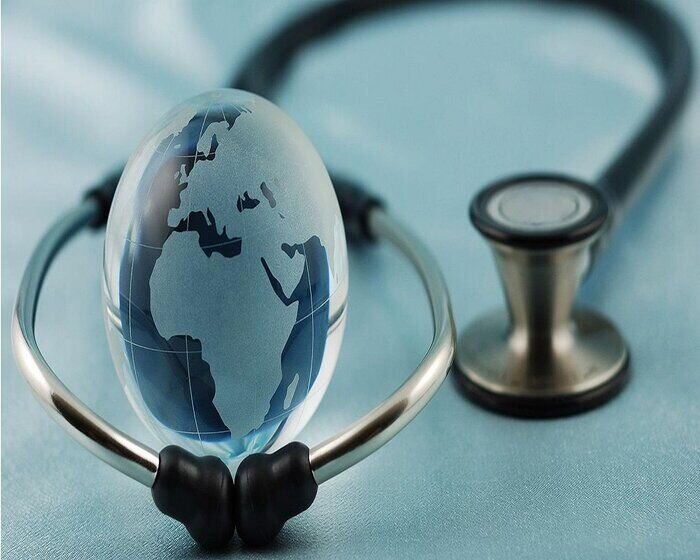Iran planning health co-op groups with Africa, Latin America

TEHRAN- Mohammad-Hossein Niknam, the deputy health minister for international affairs, has said Iran is planning to form health cooperation groups with some Latin American and African countries.
Iran, Afghanistan, Pakistan, Tajikistan, Iraq, and the World Health Organization are members of G5. Earlier this group had five members, but now it has changed into G5+, IRNA reported.
The Ministry of Health plans to strengthen cooperation in the field of health and treatment with other countries.
"We are looking to strengthen regional health and medical cooperation with a number of Arab countries with high gross domestic product (GDP) in the Persian Gulf," IRNA quoted Niknam as saying.
Pointing to the meeting of Iranian and Saudi Arabian health ministers on the sidelines of the World Health Forum in Geneva via webinar, he went on to say, "In the near future, a memorandum of understanding to promote health cooperation between Iran and Saudi Arabia will be signed."
He added a draft of a memorandum of understanding has been prepared and approved by the two sides. It will be signed by the health ministers of the two countries in Tehran or Riyadh soon.
G5+ aims at solving health problems
Iran initiated the establishment of the G5 in 2005 to promote subregional cooperation in health among the group of four countries – Afghanistan, the Islamic Republic of Iran, Iraq, and Pakistan – plus the World Health Organization as the fifth member of this group to provide technical support in improving this collaboration.
Several activities have already been taken under this initiative, with the Islamic Republic of Iran taking responsibility for serving as its secretariat.
In May, the 26th G5 High-Level Experts Meeting on Health Cooperation and the 1st Healthcare Leadership and Governance Training Program opened in Tehran.
G5 countries took part in the meeting with the theme of “Joint Work for Solving Joint Health Problems.”
Addressing the opening ceremony, Health Minister Bahram Einollahi referred to the unity and cooperation of the countries in the fields of health, treatment, and medical education as a historical necessity.
Achieving, maintaining, and promoting health is never possible in a regional way and does not happen in an isolated region, but requires the cooperation of countries, especially neighboring countries, he stressed.
“To develop health in the countries of the group of five, we must look at health collectively and think about creating and promoting health in all countries.
The health sector of Iran, Iraq, Pakistan, Afghanistan, and Tajikistan is tied to each other. Today, with the relations and cooperation that exist in different sectors between the countries and neighbors, a disease is capable of penetrating all countries.”
“Therefore, our unity and cooperation is a historical necessity so that the health indicators in the region can be improved and brought to the ideal point,” the minister reiterated.
He went on to say that conditions should be provided so that professors, students, and scientists can easily communicate with each other and travel to each other's countries without hindrance and hold joint scientific conferences.
“Many incidents have happened in the region, such as this year’s huge earthquake in Turkey and last year's flood in Pakistan, which unfortunately left many damages and deaths. These bitter incidents show the need for joint cooperation to help each other.”
Health is the common link of the countries of the region and it can cause the unity and development of the cooperation of the G5 countries and also a prelude to the development of the health economy, he added.
“Iran has achieved many successes in the field of knowledge-based companies and is able to provide 99 percent of its pharmaceutical needs and 40 percent of its advanced medical equipment needs.
So, the country can provide the G5 with its experiences.”
Einollahi pointed out that the group of five has an exceptional position due to being located in a strategic area, and the formation of this group can be a model for other countries.
MT/MG
Leave a Comment